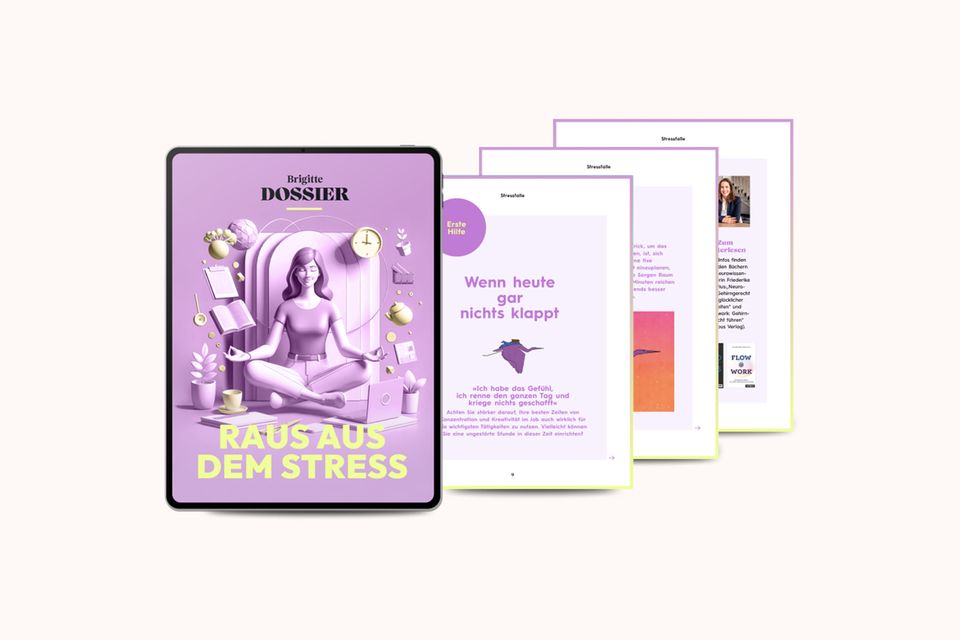According to study: This trait can make us more anxious

Anxiety and anxiety disorders can have very different causes - from childhood influences to hormonal imbalances. A study has now shown that one characteristic is particularly often associated with anxiety disorders.
Our thoughts and our mindset influence how we feel. If we manage to see life, the world and ourselves positively, we are very likely to feel better than if we only focus on the negative. This means that a pessimistic worldview can harm our well-being - and it can even make us more anxious. A study by psychologists from various US universities was able to show this.
Study on the connection between pessimism and fearTo shed more light on the relationship between anxiety and pessimism versus optimism, the research team examined the mindset of 600 students who were about to take their exams. The students were asked to estimate their grades - it turned out that some of them were clearly too optimistic, while others underestimated their performance.
The study's researchers explained: "People who showed increased negative emotionality - a personality trait often associated with anxiety disorders - were more likely to be pessimistic and also showed learning differences that prevented them from accurately assessing themselves and predicted later anxiety symptoms."
Even when the pessimistic people performed better than expected, their self-evaluation did not improve afterwards. The optimistic people, on the other hand, increased their expectations when they performed well.
Pessimism makes you more anxiousThree years later, the pessimists among the participants also showed greater signs of an anxiety disorder. The research team noted that pessimism could also be a coping mechanism to protect oneself from disappointment - which is also a feature of anxiety disorders.

Would you like to know how to better deal with stressful situations? Are you looking for routines that will help you switch off? Would you like to finally be able to sleep well or sleep through the night again? We answer these and other questions in our PDF dossier.
"We hypothesize that a conditioned aversion to negative and unpredictable situations can cause a person to develop a pessimistic and incorrect worldview." And that could predict an increased risk for anxiety disorders.
So there is definitely a connection between anxiety and pessimism. The negativity bias, i.e. the tendency of our brain to give more space to negative events and thoughts, comes into play here. Because if you expect that things won't turn out well, you will primarily see and perceive what confirms this negative view of the world. And that, in turn, can not only be a symptom of an anxiety disorder - it can also encourage it.
What can we do about it?We can only break out of this vicious circle if we actively work on seeing life a little more positively. This certainly won't happen overnight, especially if - as the researchers note - pessimism is a coping mechanism that has often been trained over decades.
But we can try, bit by bit, to identify the negative thoughts and beliefs as such and replace them with positive ones. If we are unable to do this on our own, it may be a good idea to seek professional help in the form of psychotherapy.
mbl Brigitte
brigitte






